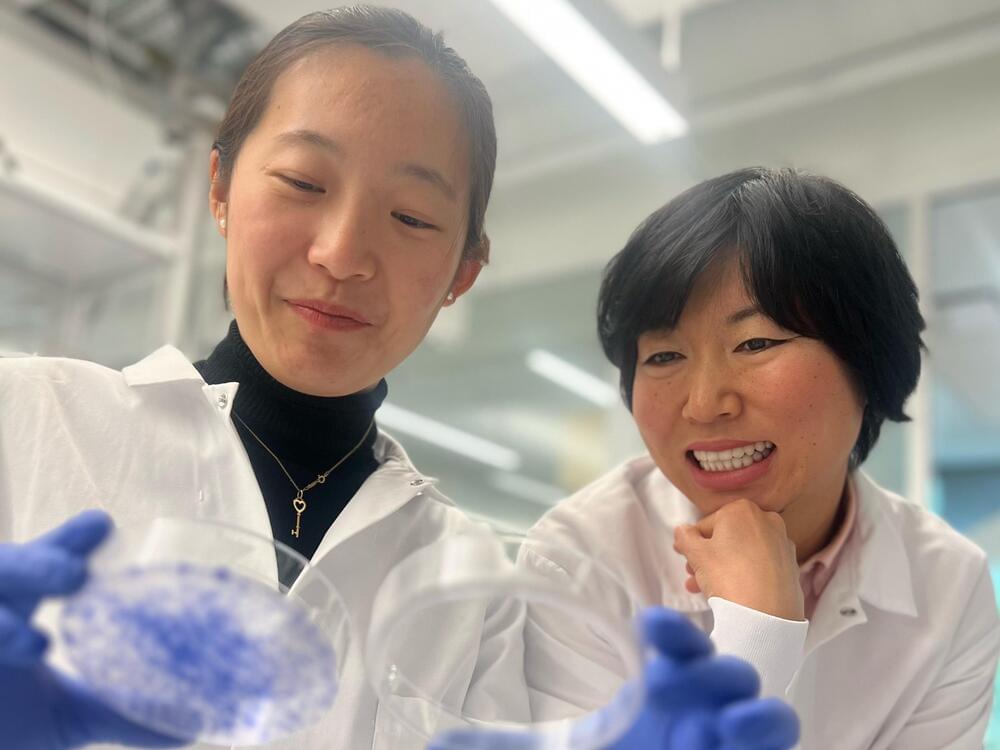Breast cancer is the most frequently diagnosed cancer and accounts for 12.5% of all new cancer cases globally. And while the overall incidence has been decreasing and five-year survival rates in the U.S. exceed 90%, the burden of this disease cannot be underestimated.
On December 20, a new study titled “ENPP1 is an innate immune checkpoint of the anticancer cGAMP–STING pathway in breast cancer” was published in the Proceedings of the National Academy of Sciences by a team of Stanford researchers led by Lingyin Li, one of the top experts in the STING pathway in cancer.
Ectonucleotide Pyrophosphatase/Phosphodiesterase 1 (ENPP1) is a multifaceted enzyme that plays a significant role in various biological processes. At its core, ENPP1 is known for its ability to break down ATP, a primary energy molecule in the body, into AMP and inorganic pyrophosphate. This activity is crucial in regulating bone mineralization and preventing abnormal calcium deposits in the body. In addition to its role in bone health, ENPP1 is also involved in regulating insulin signaling, which links it to metabolic disorders like diabetes.
